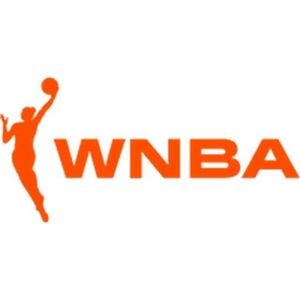The Italian Condominium sector is set for significant changes as the Italian Revenue Agency (Agenzia delle Entrate) has recently announced updates concerning the tax obligations for renovations, particularly for all common areas within these buildings.
The deadline for condominium administrators to communicate renovation expenditures has been set for March 17, 2025. This deadline falls one day after the initial date of March 16, which lands on a Sunday. Administrators are required to submit detailed breakdowns of expenses related to various important works such as building renovations, energy efficiency improvements, and the acquisition of new furnishings and large appliances geared for communal areas.
According to the Italian Revenue Agency, the communication of expenses is especially pertinent for actions classified under Article 16-bis of DPR 917/1986, which outlines measures aimed at reducing seismic risks, enhancing energy efficiency, eliminating architectural barriers, and deploying renewable energy systems such as solar panels and electric vehicle charging stations. This also covers more traditional renovation costs.
For 2024, administrators will bear the responsibility of communicating expense details for works carried out, details which will be integral for pre-filled tax returns for 2025. The Italian government aims to streamline this process by dictifying clarified approaches and conditions.
One of the most notable updates relates to the exemption of administrators from submitting expense communications when all condo members elect to use credit transfer or immediate discounts on invoices, rather than opting for direct deductions on their tax returns. This exemption, delineated under the decree effective since February 21, 2024, is intended to simplify processes for those taking the relevant measures for communal improvements.
It’s important for administrators to utilize the telematic services offered by the Revenue Agency, such as Entratel or Fisconline, for these filings. The agency is providing free-to-use software for processing, which aids compliance and minimizes errors during submission.
It is pertinent to note, though, the consequences of failing to submit these communications. While missing submissions do not result in the forfeiture of tax deductions for incurred expenses, they may incur administrative penalties, indicating just how seriously the agency is approaching compliance across all condominiums.
For those condominiums characterized as 'minimum'—defined as having up to eight units—there are distinct requirements for data submission. If designated administrators are present, they must submit the necessary renovation details to the Revenue Agency by March 16 of the subsequent year. Conversely, if no administrator exists, unit owners are not obliged to transmit such data.
The question of reimbursements from external entities, such as local municipalities covering renovation expenses, has also been clarified. Should reimbursement be comprehensive, unit owners will forego IRPEF deductions, and no communication must be sent to the Revenue Agency. Conversely, for partial reimbursements, administrators must communicate only those expenses borne by the condominium.
Concerns have also been issued about the proper management of renovation data, particularly for shared assets like garages and parking areas. Administrators must adhere to the rules stipulated governing these communal properties and detail expenditures accurately for tax compliance.
For super condominiums, which consist of multiple condominiums possibly managed by different administrators, it’s imperative to maintain accurate communication. Each super condominium administrator must send collaborative communication to the Revenue Agency detailing expenditures, ensuring clear division of expenses across the involved condominiums based on their proportionate ownership values.
Authorities have made strides to clarify the procedural processes too, explaining how administrators should handle arrangements for securing tax benefits when engaged with projects supporting earthquake risk reduction measures. The agency stipulates all necessary communications must define how tax reductions are allocated based on work executed on common areas.
During preparations for these submissions, administrators are reminded about the importance of correct rounding practices. All expenses need to be rounded to the nearest euro, maintaining consistency throughout documentation.
This coordinated approach is pivotal for effectively managing the burden of compliance and ensuring condo administrators are well aware of all aspects surrounding their fiscal responsibilities.
With direct access to updated software and resources provided by the agency, administrators can navigate their new obligations exceeding rigorous standards, solidifying the operational procedures within Italian condominiums.



